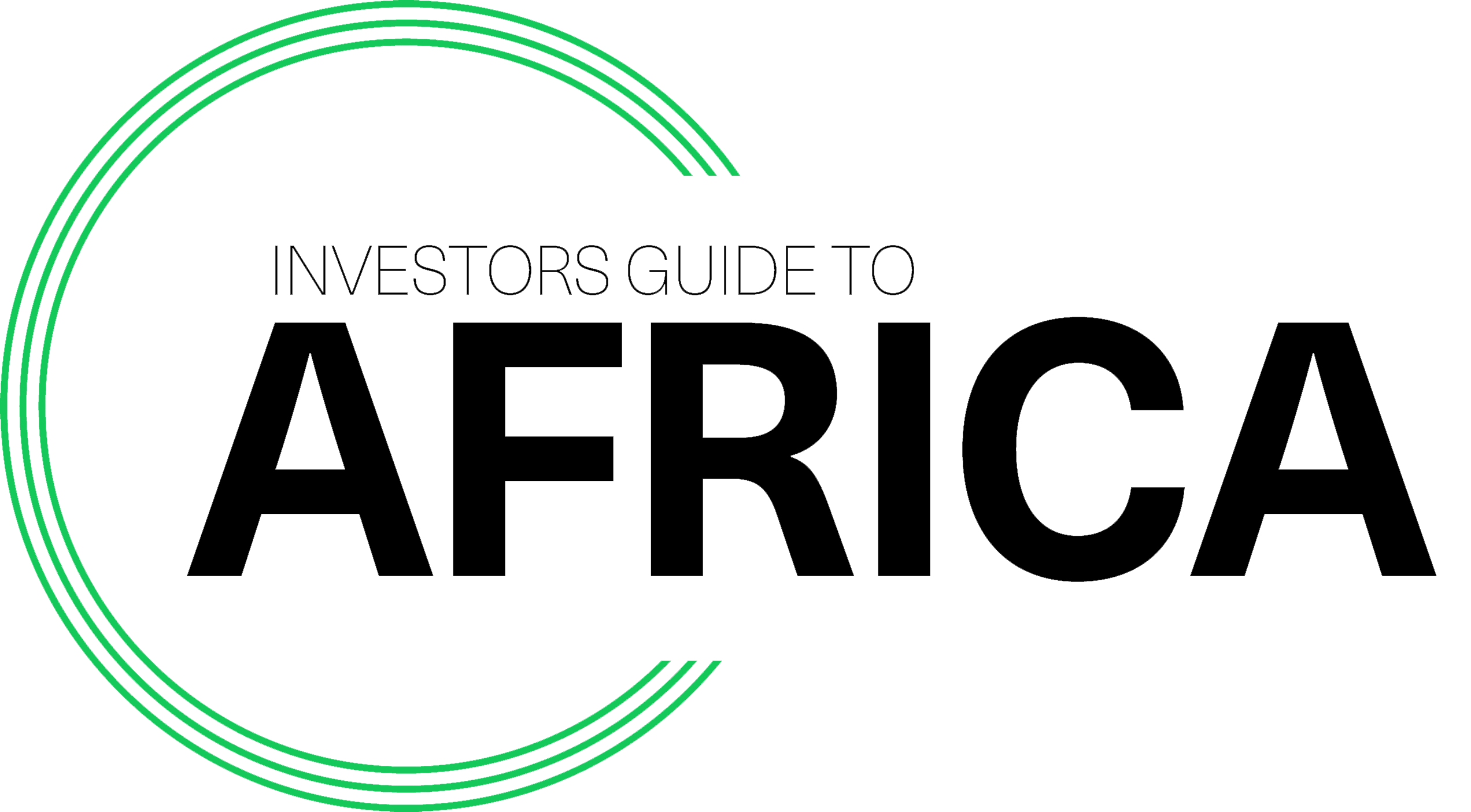Africa’s Time Has Come
Foreign direct investment into Africa is on the rise, and with the population set to reach 1.7 billion by the end of the decade, this sleeping lion of a continent is focusing international minds. Sub-Saharan Africa in particular, with its rich well of natural resources the world covets, is seeing growth its suitors can only dream of.
Beyond natural resources and infrastructure, Sub-Saharan Africa is now diversifying its allure to encompass the tertiary sector. This has seen significant new investment into logistics and ITC services, and while the Covid-19 pandemic saw FDI inflows heavily impacted, in this the region was not alone and things have since bounced back.
One anomaly throughout it all was the renewable energy sector where investments continued unabated. This is something likely set to continue, due to significant challenges around the importing of oil and gas; a consequence of the war in Ukraine, which has made Russian energy imports toxic and harder to rely upon, as well as strict OPEC controls on production, supplies and prices. In addition, the appeal of home-grown energy has massively increased, given the rapid global shift to EVs.
On the subject of EVs, Africa is blessed with the right resources including cobalt, lithium, manganese and nickel, with the Democratic Republic of Congo and South Africa seemingly in pole position to reap the benefits.
With numerous natural resource-hungry megaprojects either under construction or greenlighted for the next few decades to come, China’s appetite for Africa’s bounty is large indeed. And, with competition for wielding influence over the same resources from the US – hard-wired to compete for pre-eminence anywhere its rival is active – as well as a determined African-focused agenda from European nations unwilling to relinquish historical economic ties, Sub-Saharan Africa finds itself subject to charm offensives from numerous suitors. Yet, in theory at least, this time, the constituent host countries are in the driving seat, so long as the institutional framework and capacity building is sufficiently strong to effectively negotiate and enforce investment agreements and manage the distribution of revenues in order to deliver a long overdue uplift in living standards and employment opportunities for its rapidly growing population.

